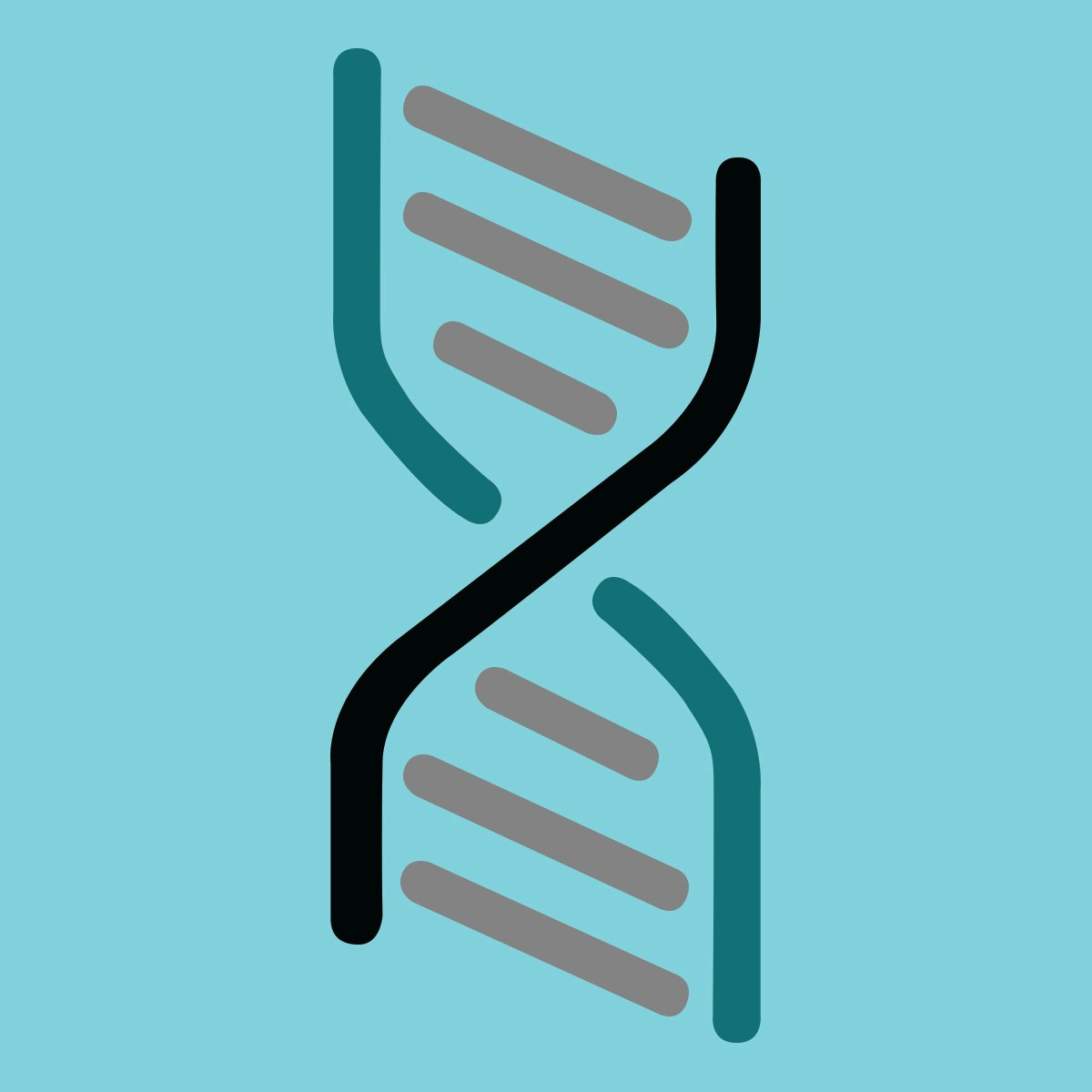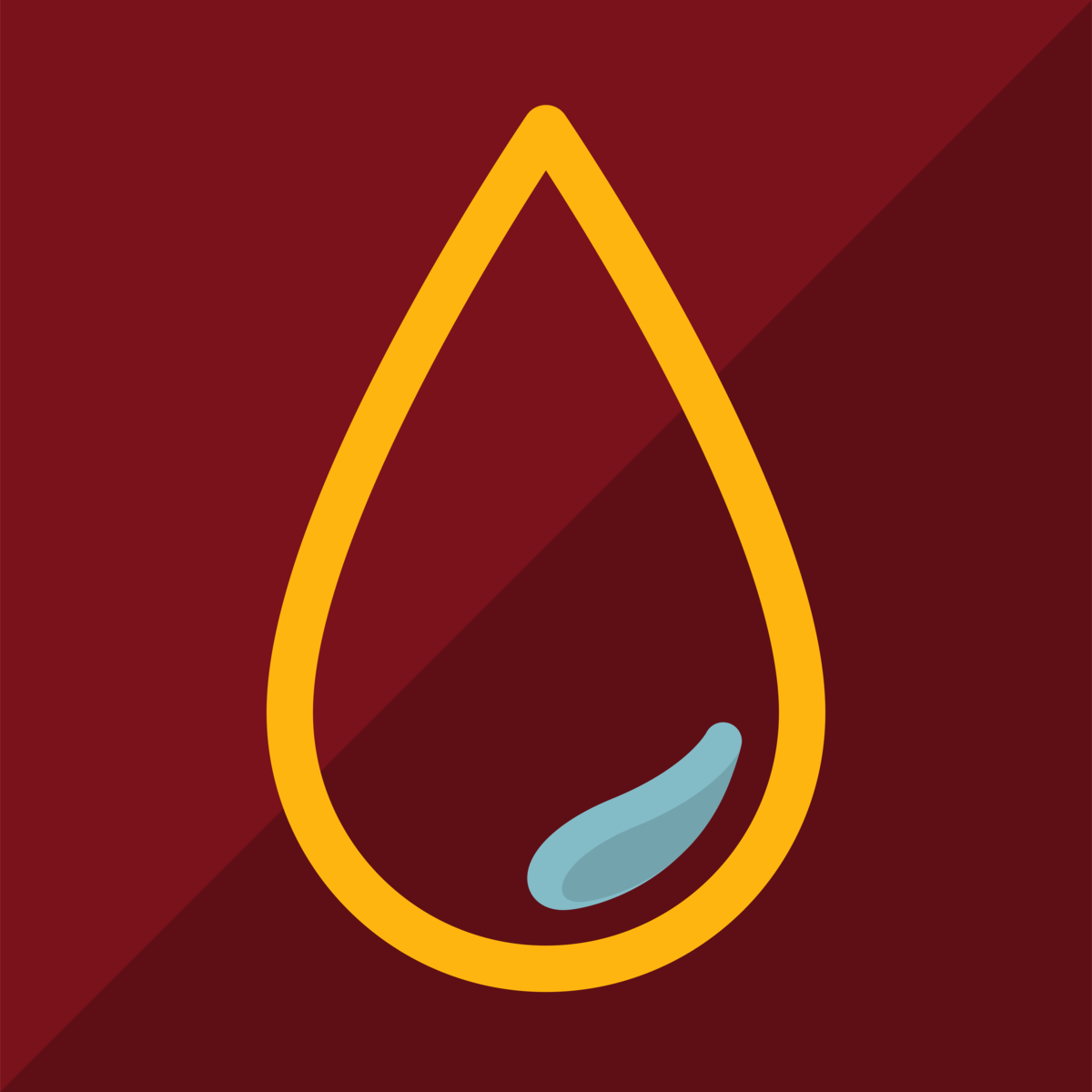Back to Courses


Research Courses - Page 6
Showing results 51-53 of 53

Getting started in cryo-EM
This class covers the fundamental principles underlying cryo-electron microscopy (cryo-EM) starting with the basic anatomy of electron microscopes, an introduction to Fourier transforms, and the principles of image formation. Building upon that foundation, the class then covers the sample preparation issues, data collection strategies, and basic image processing workflows for all 3 basic modalities of modern cryo-EM: tomography, single particle analysis, and 2-D crystallography.
Philosophy:
The course emphasizes concepts rather than mathematical details, taught through numerous drawings and example images. It is meant for anyone interested in the burgeoning fields of cryo-EM and 3-D EM, including cell biologists or molecular biologists without extensive training in mathematics or imaging physics and practicing electron microscopists who want to broaden their understanding of the field. The class is perfect as a primer for anyone who is about to be trained as a cryo-electron microscopist, or for anyone who needs an introduction to the field to be able to understand the literature or the talks and conversations they will hear at cryo-EM meetings.
Pre-requisites:
The recommended prerequisites are college-freshman-level math, physics, and biochemistry.
Pace:
There are 14.5 hours of lecture videos total separated into 40 individual “modules” lasting on average 20 minutes each. Each module has at the end a list of “concept check” questions you can use to test your knowledge of what was presented. As the modules are grouped into seven major subjects, one reasonable plan would be to go through one major subject each day. That would mean watching a couple hours of lecture and spending another hour or so thinking through the concept check questions each day for a week. Another reasonable plan would be to go through one module each day for a little over a month, or even three modules a week (Monday, Wednesday, and Friday) for a 3-month term.
It is likely that as you then move on to actually begin using a cryo-EM or otherwise engage in the field, you will want to repeat certain modules.

Genomics: Decoding the Universal Language of Life
What is a genome? A genome contains all of the information that a cell needs to develop, function, and reproduce itself, and all the information needed for those cells to come together to form a person, plant, or animal. Genomes contain an organism’s complete set of genes, and also the even tinier genetic structures that help regulate when and how those genes are used.
The ability to regrow a torn ligament, the clues that might predict the onset of mental illness, the nutritional potential of crops, and even the history of life itself, are all encoded in genomes. By taking this course, you will discover how scientists are deciphering the language of genomes to learn how to develop sustainable food and fuel supplies, improve disease treatment and prevention, and protect our environment.
Professor Robinson is the main instructor for this course. In addition, each module features several guest instructors. These guest instructors come from diverse fields of study—biology, physics, computer science, and many others—and pursue diverse research goals, yet they share a common interest in genomic approaches and technologies. The guest instructors include:
- Elizabeth (Lisa) Ainsworth, Associate Professor of Plant Biology
- Mark Band, Director of the Functional Genomics Facility
- Alison Bell, Associate Professor of Animal Biology
- Jenny Drnevich, Functional Genomics Bioinformatics Specialist with High-Performance Biological Computing
- Christopher Fields, Associate Director of High-Performance Biological Computing
- Bruce Fouke, Director of the Roy J. Carver Biotechnology Center
- Glenn Fried, Director of the Carl R. Woese Institute for Genomic Biology Core Facilities
- Nigel Goldenfeld, Professor of Physics
- Brendan Harley, Assistant Professor of Chemical and Biomolecular Engineering
- Alvaro Hernandez, Director of the High-Throughput Sequencing and Genotyping Facility
- Victor Jongeneel, former NCSA Director of Bioinformatics and former Director of High-Performance Biological Computing
- Kingsley Boateng, Senior Research Specialist with the Carl R. Woese Institute for Genomic Biology Core Facilities
- Stephen Long, Professor of Plant Biology and Crop Sciences
- Ruby Mendenhall, Associate Professor of African American Studies
- William Metcalf, Professor of Microbiology
- Karen Sears, Assistant Professor of Animal Biology
- Saurabh Sinha, Associate Professor of Computer Science
- Lisa Stubbs, Professor of Cell and Developmental Biology
- Rachel Whitaker, Associate Professor of Microbiology
- Derek Wildman, Professor of Molecular and Integrative Physiology
- Peter Yau, Director of the Protein Sciences Facility

Aromatherapy: Clinical Use of Essential Oils
This course provides an overview of essential oil therapy and current aromatherapy practices in clinical settings and gives you the skills to bring aromatherapy into your own practice. By the end of the course, you will be able to: a) explain what essential oils are to a patient and how they work; b) assess if an essential oil might be beneficial to a patient, considering patient preference and the research evidence, as well as any safety issues or contraindications; and c) suggest a protocol for use in a clinical setting.
Continuing Education Credits
This course has been designed to meet Minnesota Board of Nursing continuing education requirements for 15 contact hours and may be eligible for CE credit from other professional boards that allow self-documenting of continuing education activities. It is your responsibility to check with your regulatory board to confirm this course meets your local requirements and, if necessary, to provide them with the certificate of completion you get if you pay for and fulfill all the requirements of this course.
Popular Internships and Jobs by Categories
Find Jobs & Internships
Browse
© 2024 BoostGrad | All rights reserved